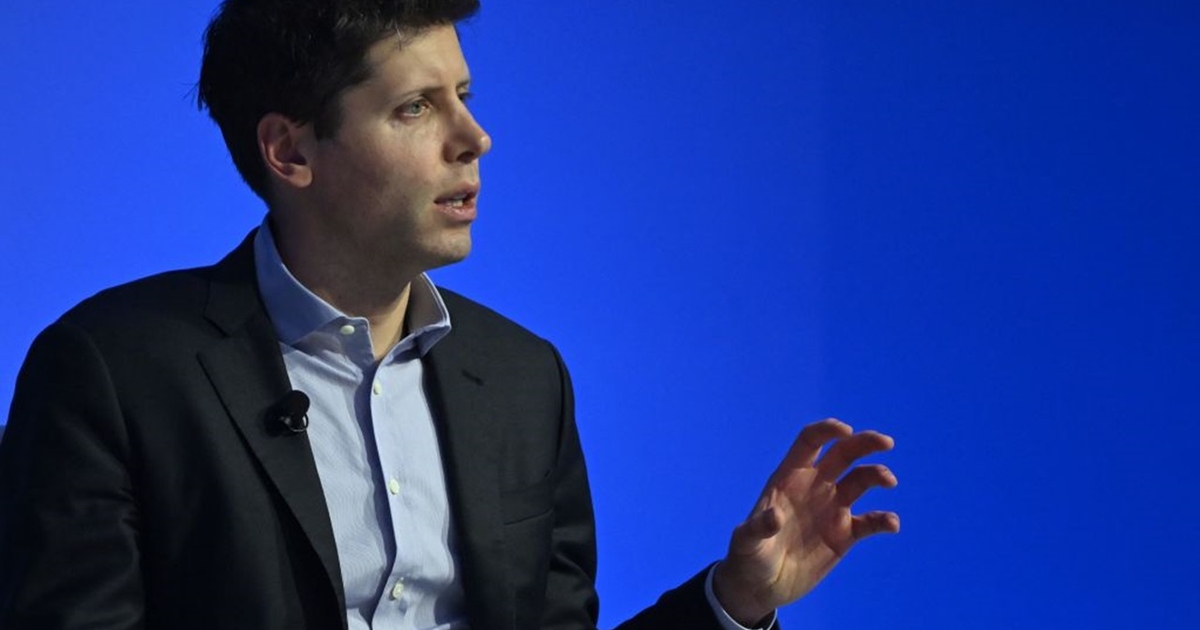Here are the most-read stories on AI Business this week.
OpenAI Releases DeepSeek Challenger Model
OpenAI has released its latest AI model, o3-mini, designed to deliver advanced reasoning capabilities with enhanced speed and cost efficiency.
The move comes amid increasing competition in the AI industry, particularly following the launch of DeepSeek‘s R1 model, which claims to offer comparable performance to OpenAI’s GPT-01.
O3-mini is available through ChatGPT and the OpenAI API for unlimited use by subscribers and with usage limits for free plan users. This marks the first time a reasoning model has been made available to free users in ChatGPT.
The new model particularly targets science, technology, engineering and mathematics (STEM) applications, offering improved performance in areas such as math, coding and scientific problem-solving.
Discover the new model’s capabilities
SoftBank, OpenAI Create Joint Venture to Advance AI in Japan
SoftBank and Open AI announced Monday that they have teamed to develop and market advanced enterprise AI called “Cristal Intelligence” to advance AI for companies in Japan.
The two companies plan to establish a joint venture company, SB OpenAI Japan, which would market Cristal Intelligence to major Japan-based companies. This would allow them to securely train their own data and build AI agents fully integrated with their own IT systems.
“We are thrilled to bring Cristal intelligence, Advanced Enterprise AI that is customized specifically for each company, to the market in a big way,” said Masayoshi Son, SoftBank Group chairman and CEO.
“This initiative will not only transform the way SoftBank Group operates but also revolutionize the way companies work in Japan and around the globe. SoftBank Group is fully committed to leveraging the new products across our entire organization and utilize our great partnership with OpenAI to drive the AI revolution forward.”
OpenAI Files Humanoid Robot Trademark
OpenAI may be heading into the humanoid robot business, according to a new trademark application the company filed on Jan. 31.
The trademark application lists several new products the company is looking to grow, but most notably includes “user-programmable humanoid robots, not configured; humanoid robots having communication and learning functions for assisting and entertaining people.”
OpenAI also appears to be hiring for a new robotics team.
The company website has job listings for a mechanical product engineer, robotics and senior research engineer, robotics. Both would be part of OpenAI’s robotics team, which the company said is “ focused on unlocking general-purpose robotics and pushing towards AGI-level intelligence in dynamic, real-world settings” as it strives “to seamlessly blend high-level AI capabilities with the physical constraints of physical robotic platforms.”
See what the trademark application revealed
Quantum-Powered Generative AI Framework Launched
Quantum computing company Quantinuum has launched its Generative Quantum AI (Gen QAI) framework, a new approach to quantum-powered artificial intelligence.
The approach uses quantum-generated data to enhance AI systems, unlocking commercial applications in industries including pharmaceuticals, financial modeling and supply chain management.
The framework targets real-world problems where classical computing faces limitations.
Quantinuum’s approach uses its H2 quantum computer to generate data to train AI models to improve the accuracy and problem-solving capacity of AI, pushing the boundaries of what is computationally possible.
Find out how quantum could power generative AI
MIT Launches Generative AI Impact Consortium
The Massachusetts Institute of Technology has launched a collaborative consortium to examine how the world can harness AI’s transformative power for societal good, while also tackling potential challenges before they shape the future in unintended ways.
The initiative, called the Generative AI Impact Consortium, will partner with six founding members including Analog Devices, Coca-Cola, OpenAI, Tata Group, SK Telecom and TWG Global. The firms plan to work “hand-in-hand” with MIT researchers to accelerate AI breakthroughs and address industry-shaping problems.
The consortium will be guided by three pivotal questions that touch on AI’s potential to transform industries and lives, as well as its technical capabilities. They include delving into issues including “how can AI-human collaboration create outcomes that neither could achieve alone?”
There will also be a focus on three high-impact areas including developing innovative applications of generative AI across many domains that foster collaboration between humans and AI, and garnering insights into the interplay between AI and human behavior.

